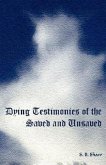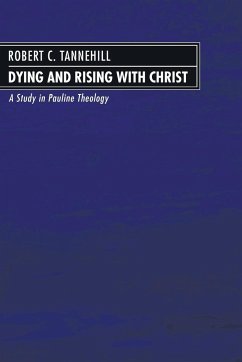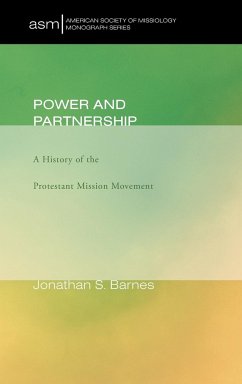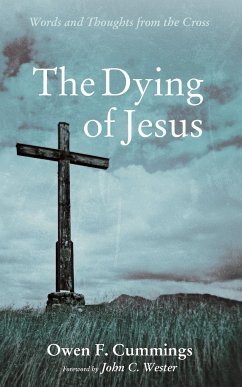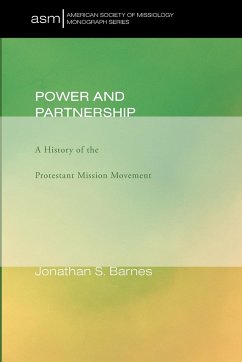What do physicians, nurses, chaplains, and social workers think about moral and religious issues in care for the dying? These professionals live with death, including many untimely and difficult deaths, on a daily basis. Based on intensive interviews with a cross sample of health care professionals, David H. Smith details how the churches could not only be supportive of these primary caregivers in dealing with end of life issues, but how they could enlist their help in informing their own congregations about the realities of death. To care for the dying is spiritually demanding work. Churches should not let health professionals struggle with religious issues-whether of patients, families, or their own-in isolation. Smith's respondents offer powerful perspectives on the issue of physician assisted suicide. Religious and theological ethics cannot afford to ignore insights and questions that come from those who deal with dying every day. Finding meaning in the face of human suffering comes less from doctrine than from living a certain kind of life. This book is a clarion call for new, practical, and vital forms of education, support, and commitment, particularly within the churches, in the cause of improving care for the dying.


